Quote/s of the Day – 10 April – “The Month of the Resurrection and the Blessed Sacrament” – Ferial Day – Wednesday in the Second Week of Easter – 1 John 5:4-10; John 20:19-31 – Scripture search here: https://www.drbo.org/
“My Lord and my God.”
John 20:28
“Take My yoke upon you and learn from Me,
for I Am meek and humble of heart
and you will find rest for yourselves.
For My yoke is easy and My burden light.”
Matthew 11:29-30
“If we wish to make any progress
in the service of God,
we must begin everyday of our life,
with new eagerness.
We must keep ourselves,
in the presence of God,
as much as possible
and have no other view or end,
in all our actions
but the Divine honour.”
St Charles Borromeo (1538-1584)
“Take God for your Spouse and Friend
and walk with Him continually
and you will not sin and will learn to love
and the things you must do
will work out prosperously for you.”
St John of the Cross (1542-1591)
Doctor of the Church
“You will begin to taste, even in this life,
a foretaste of eternal life,
for the principal beatitude of the soul in Heaven,
is to be confirmed forever in the Will of the Father.
Thus, it tastes the divine sweetness.
But it will never taste it in Heaven,
if it is not clothed with it on earth,
where we are pilgrims and travellers.
When it is clothed with it, it tastes God
by grace in its troubles; its memory will be full
of the Blood of the Lamb without blemish;
its mind will be opened and contemplate
the ineffable love that God has made known
in the Wisdom of His Son and the love it finds,
in the Holy Spirit’s goodness, casts out self-love
and love for created things, to love only God.
So do not be afraid … but suffer with joy,
so as to conform yourself to the Will of God.””


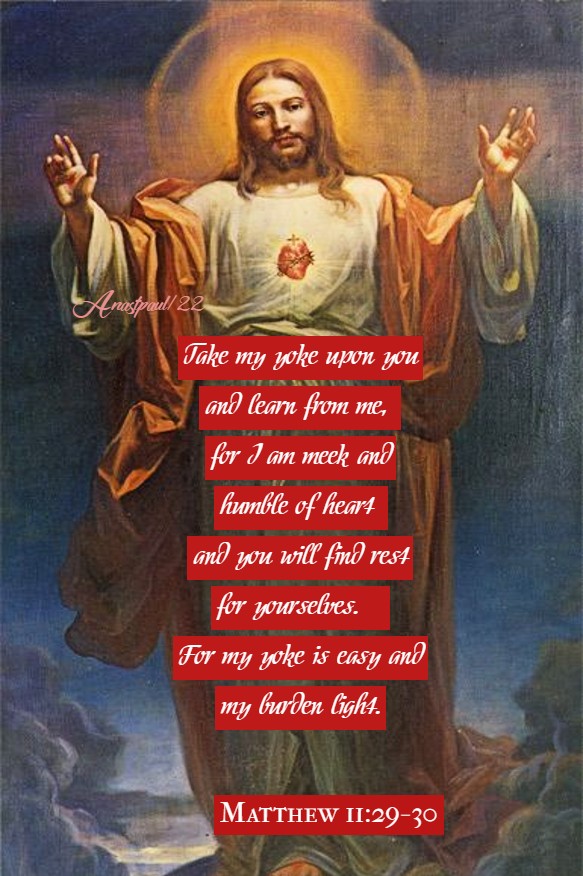


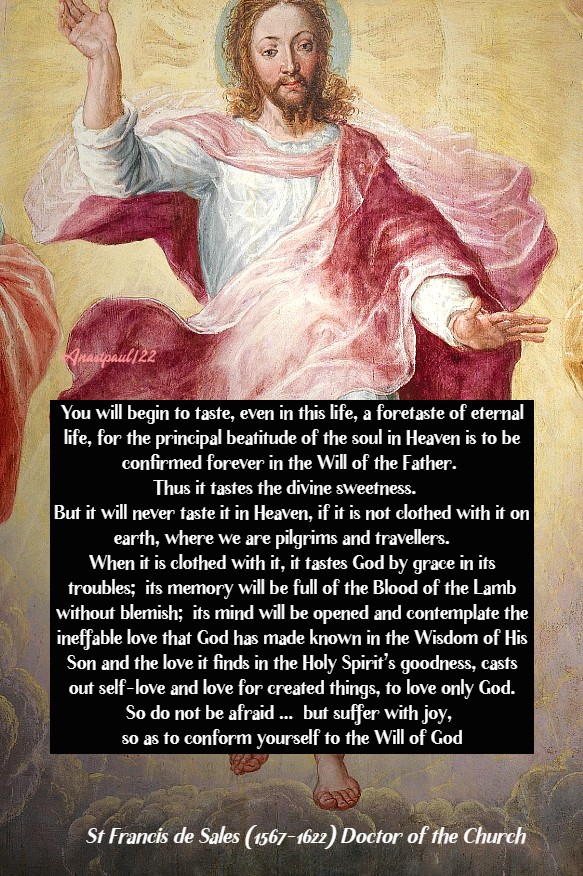

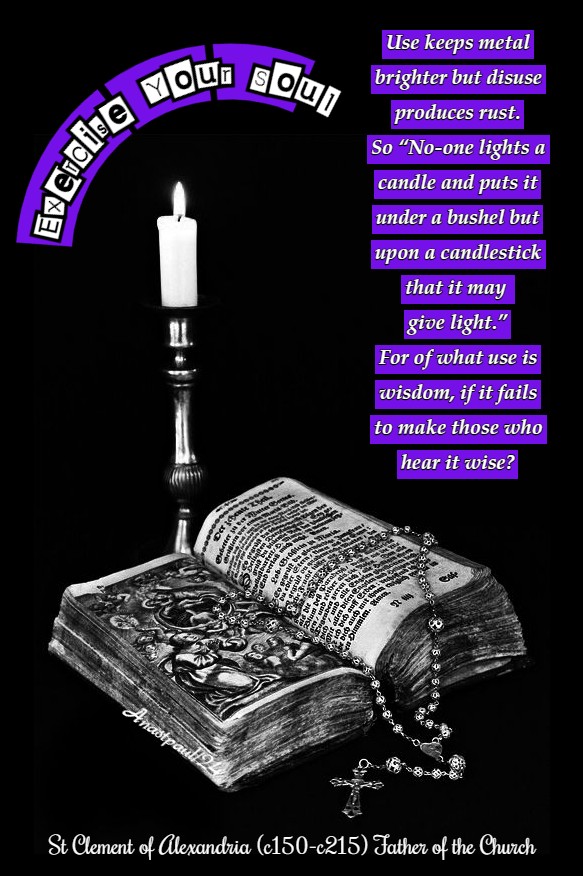

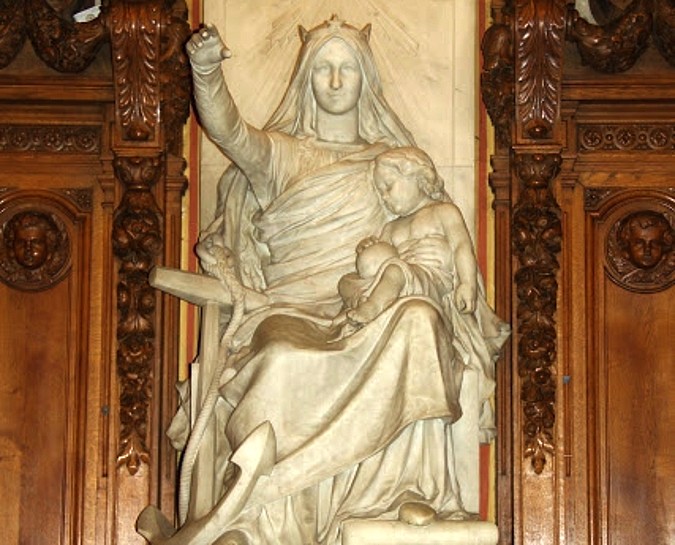











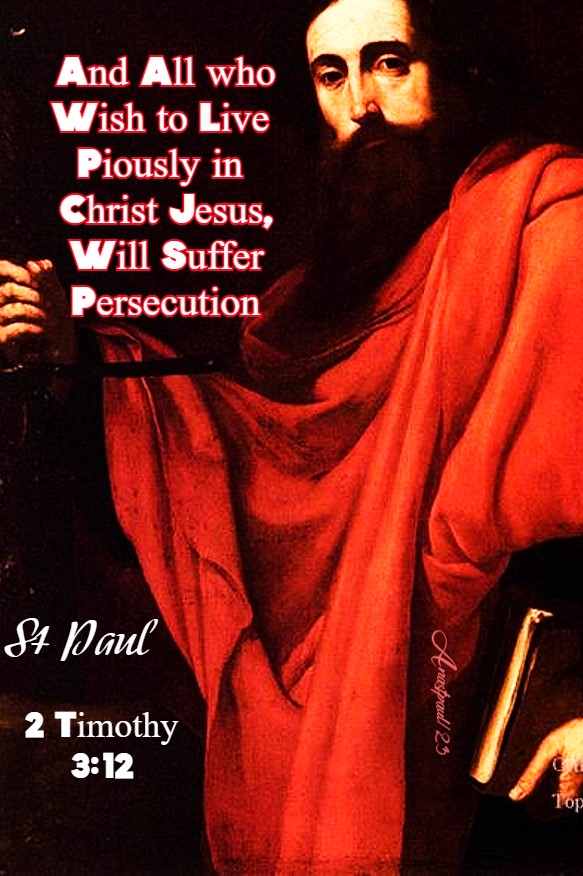






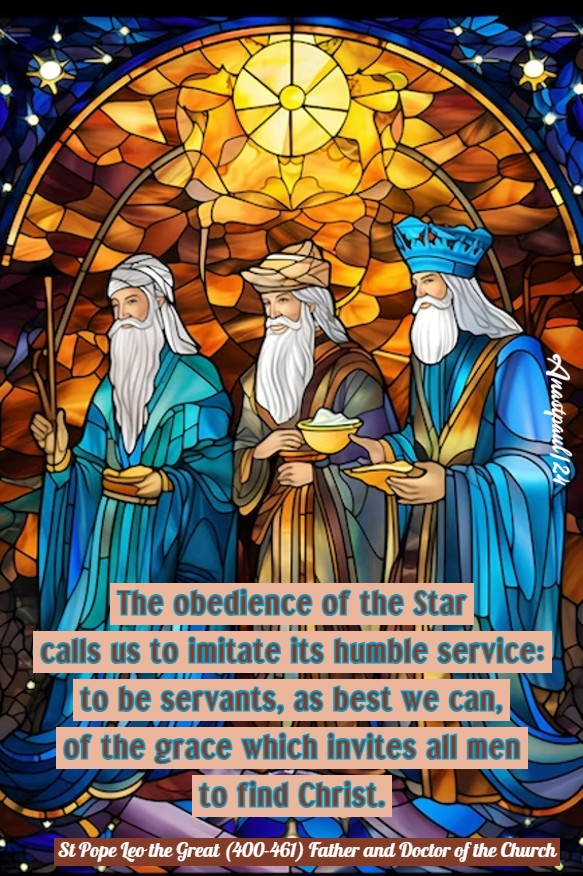


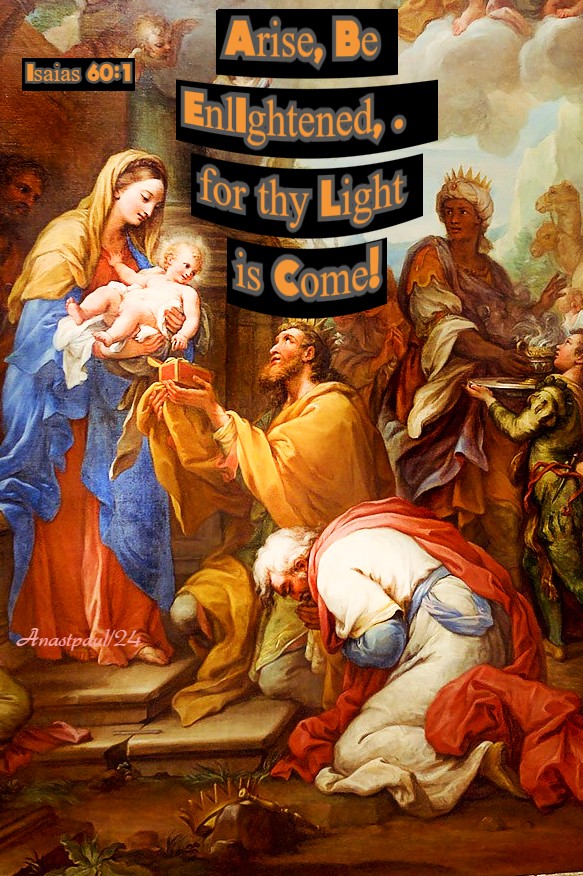


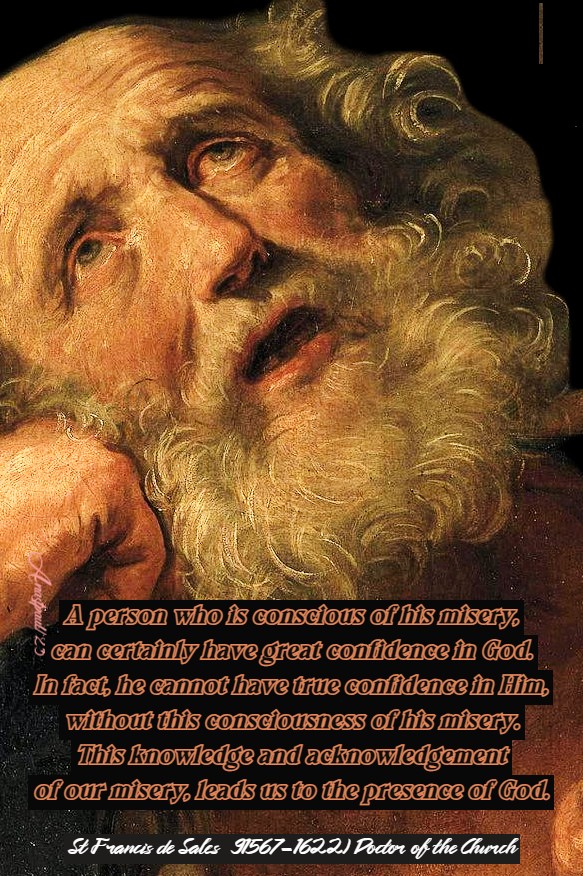


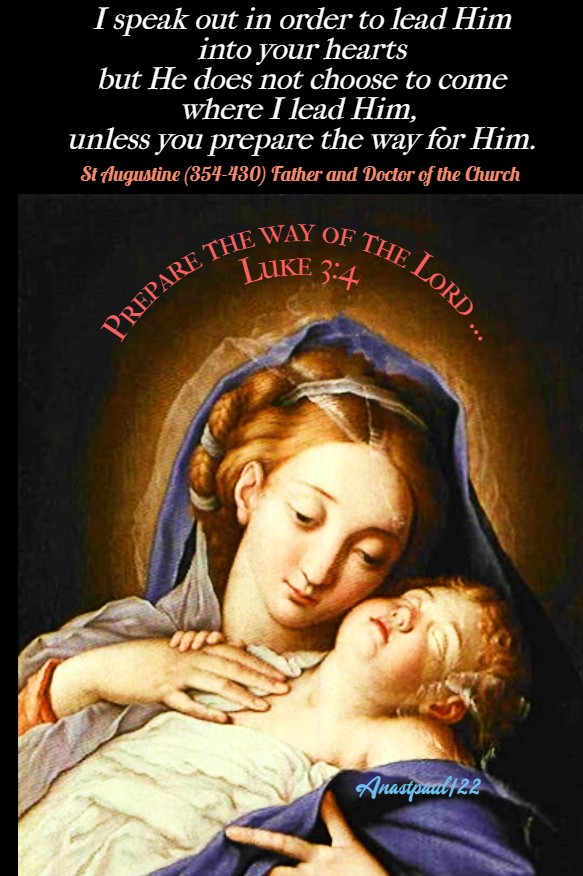




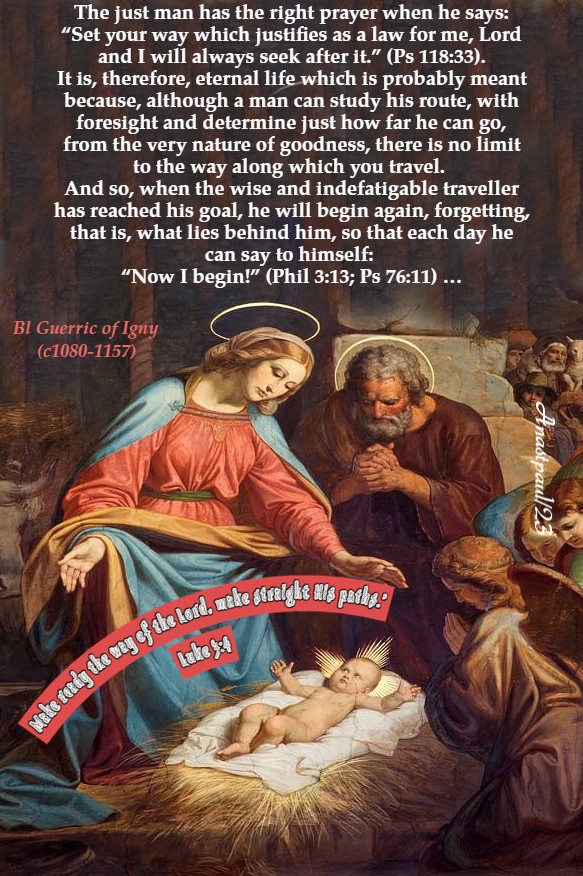
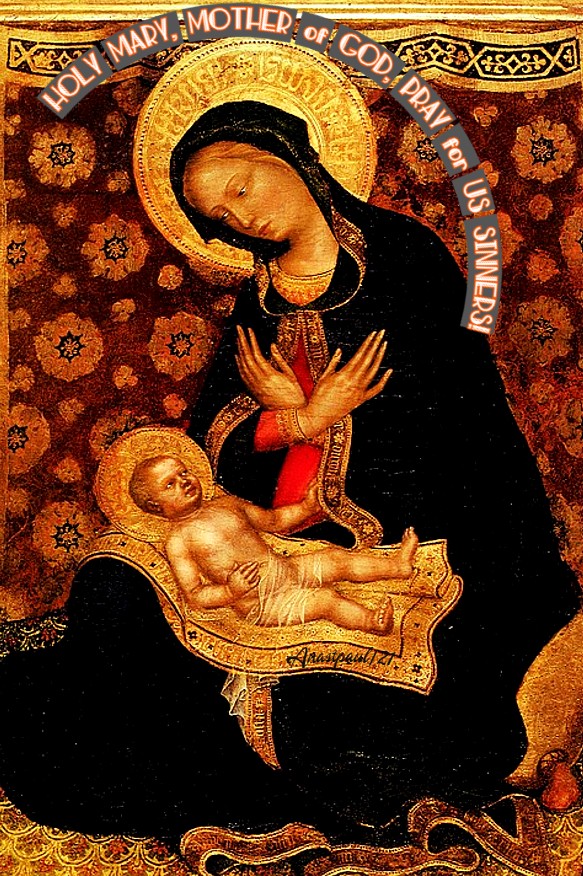
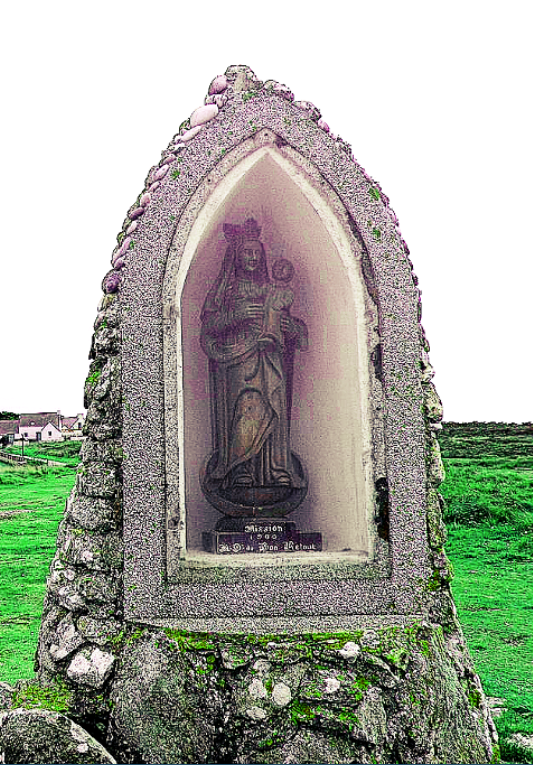


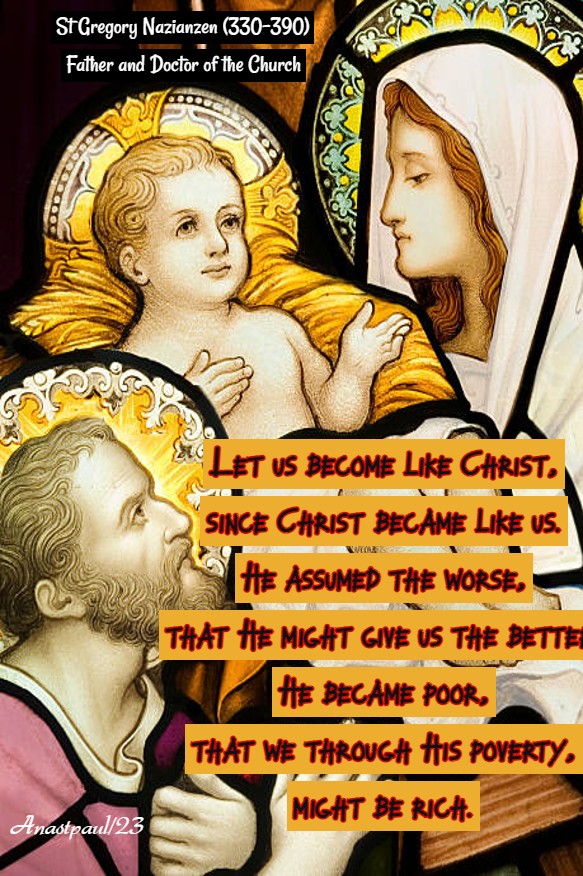
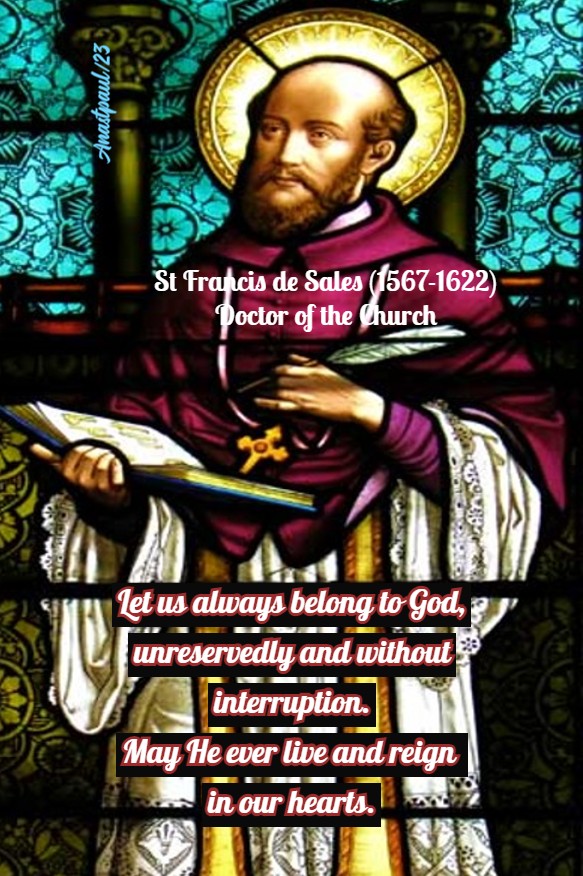
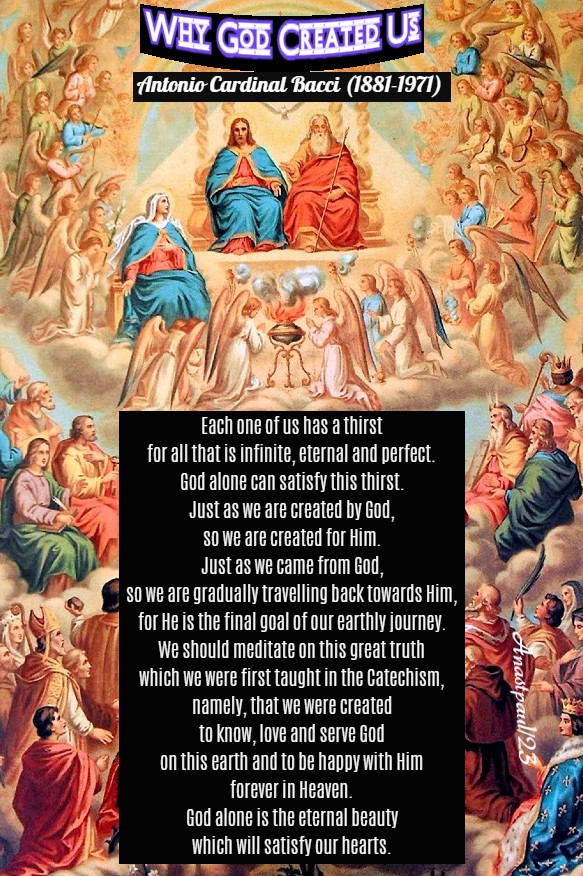

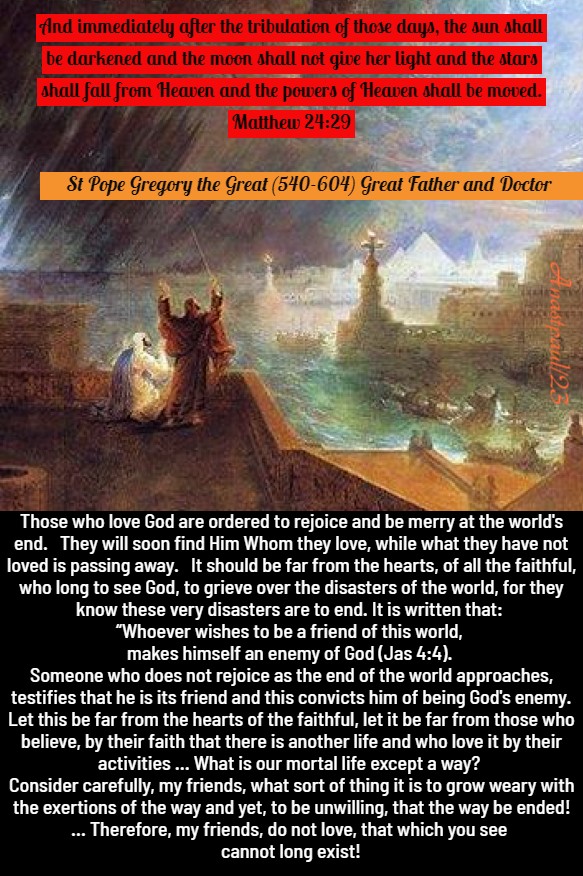





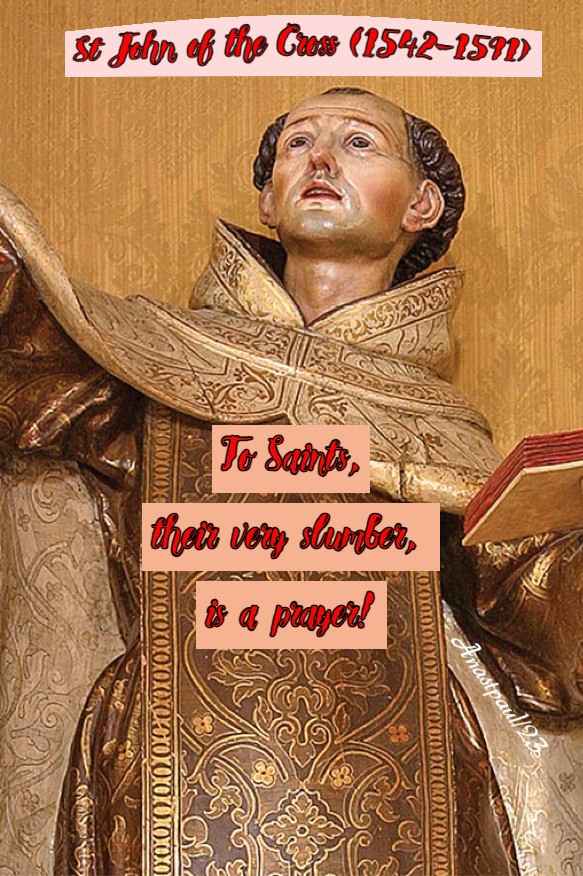



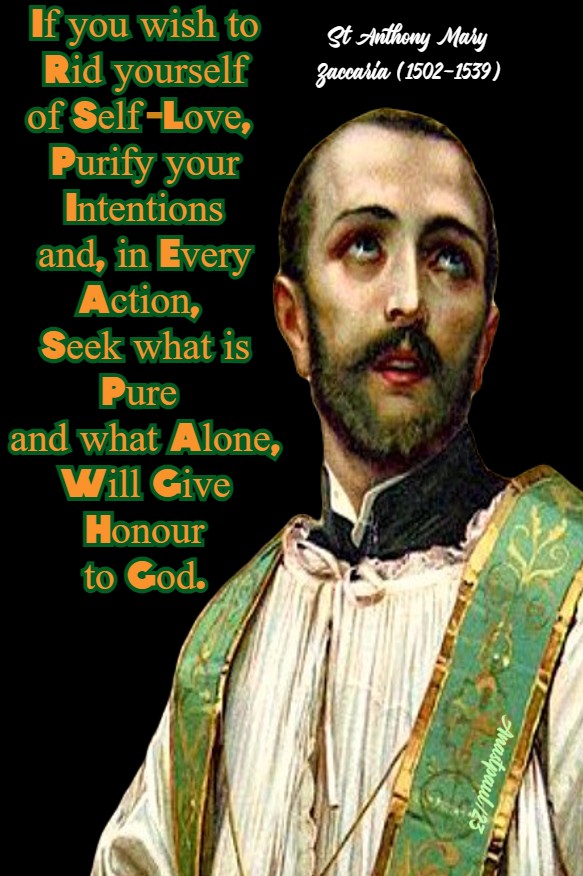
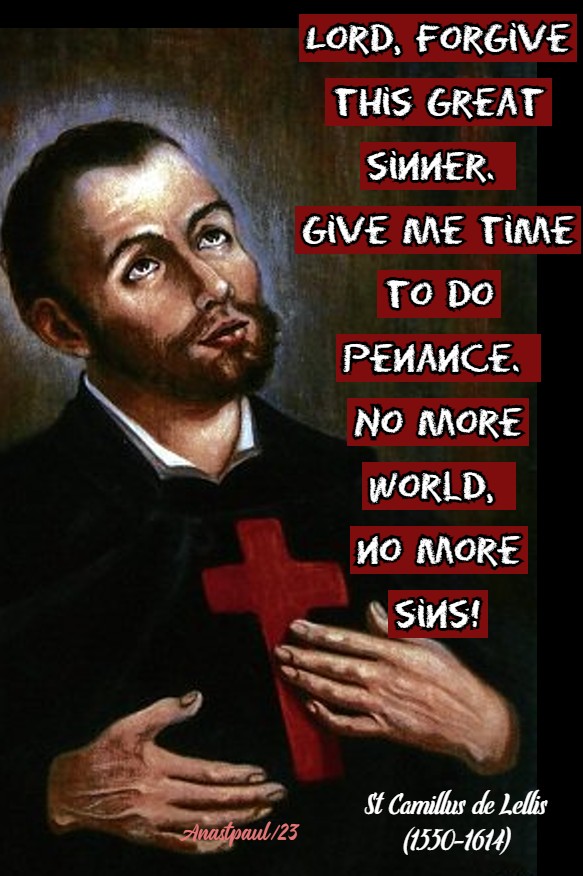






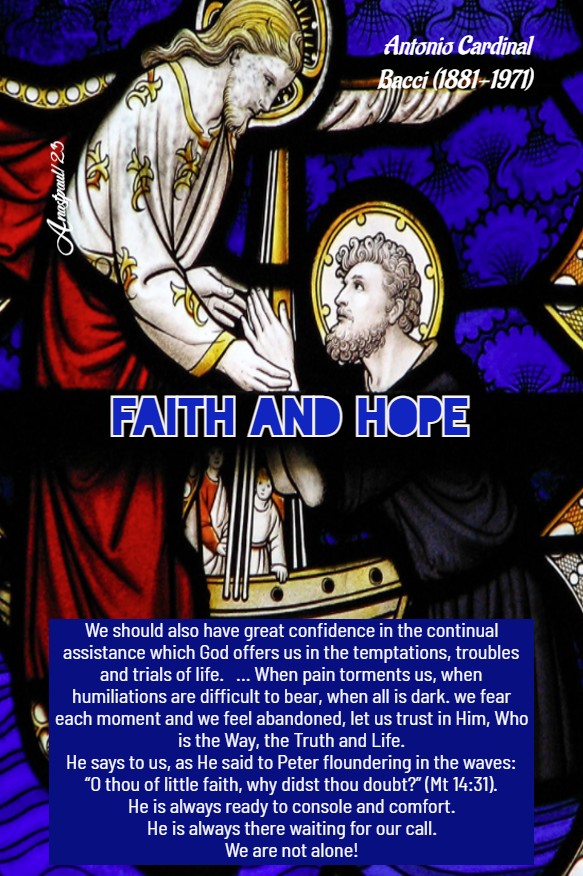

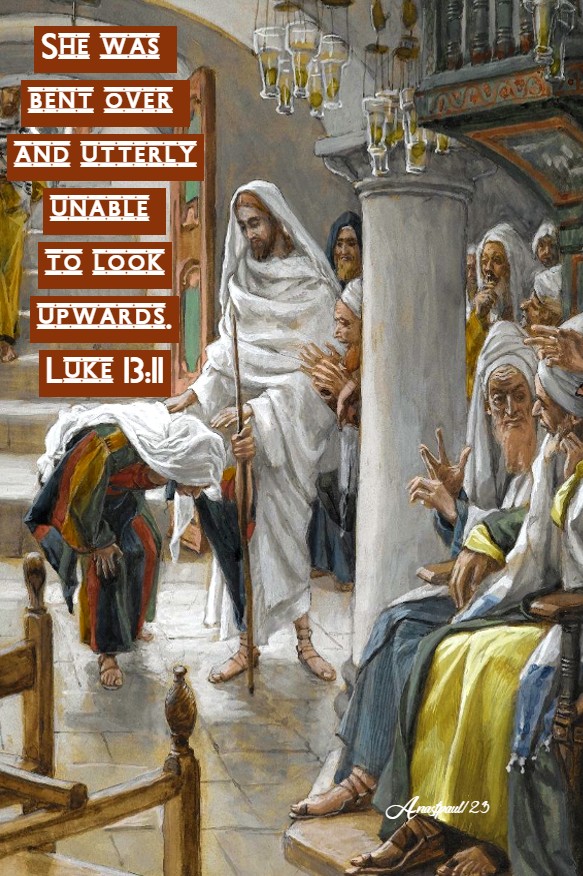
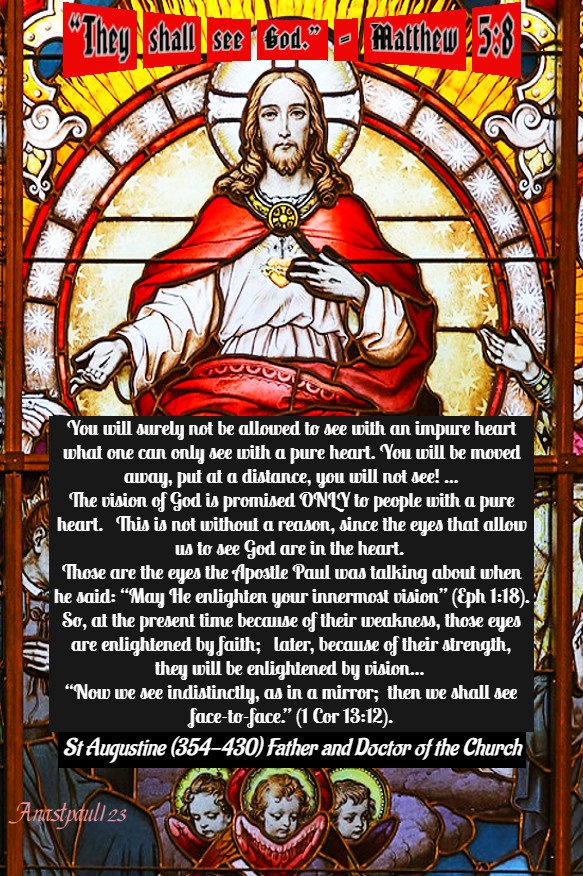

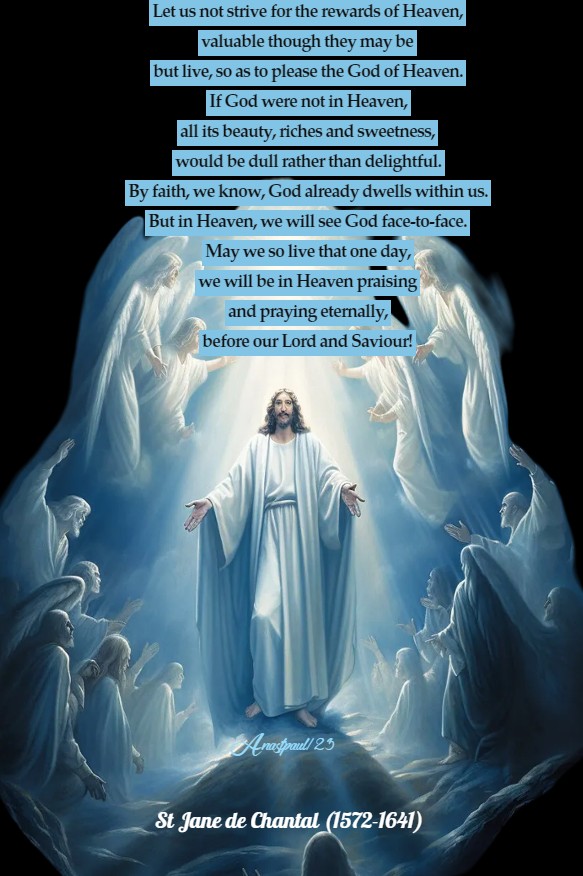
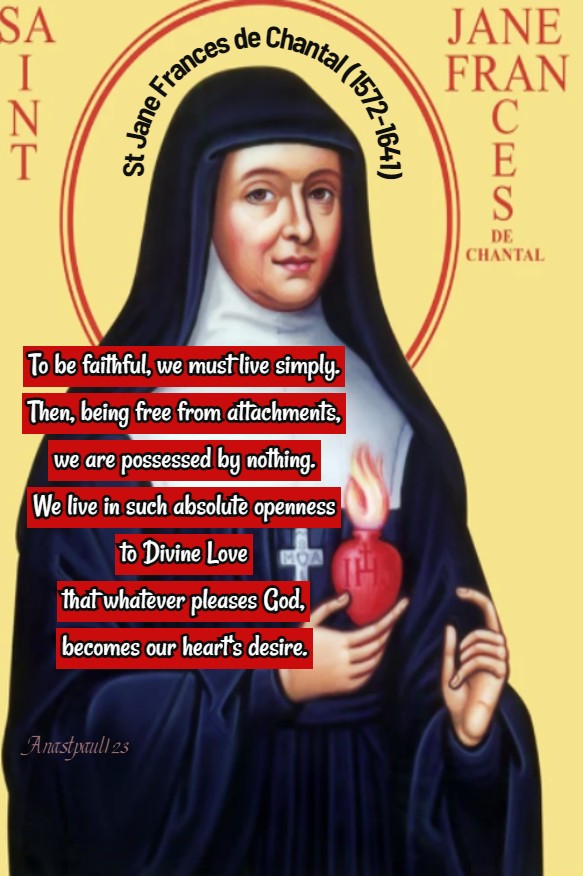
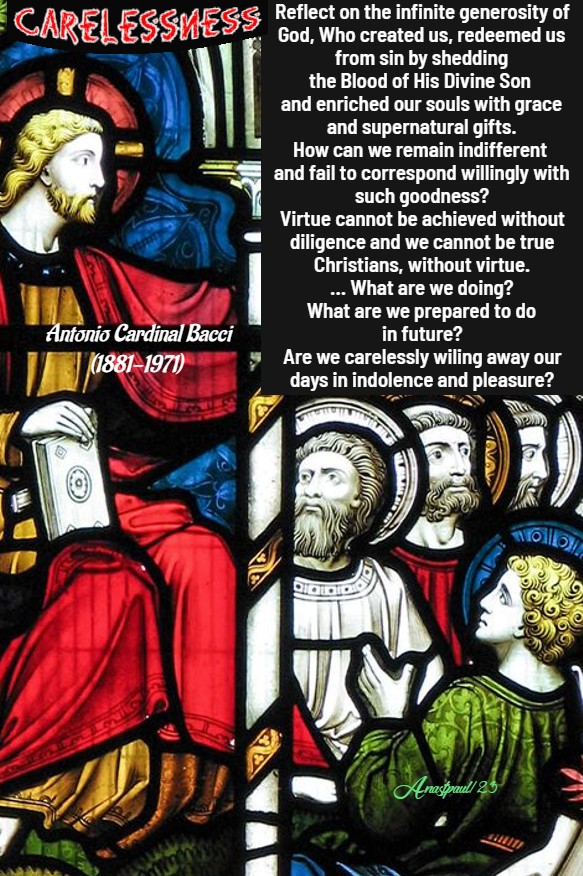

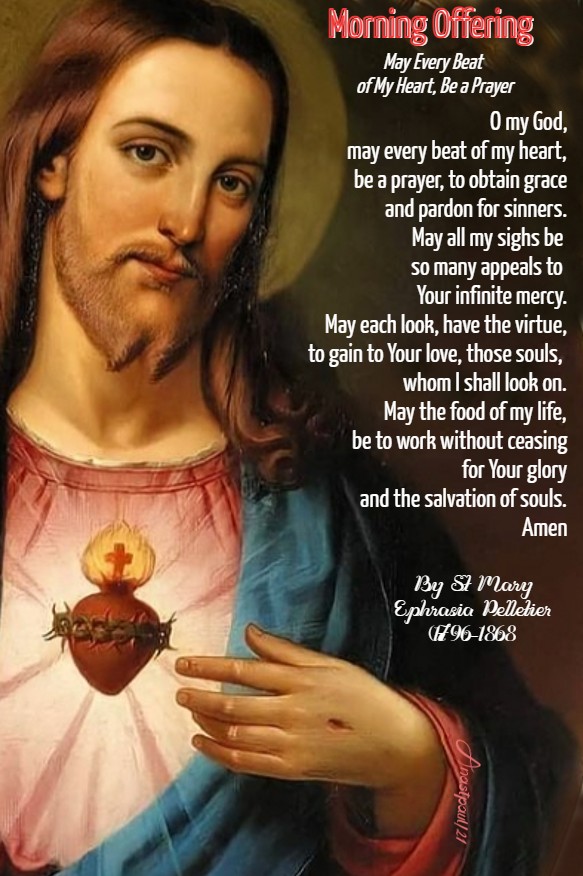






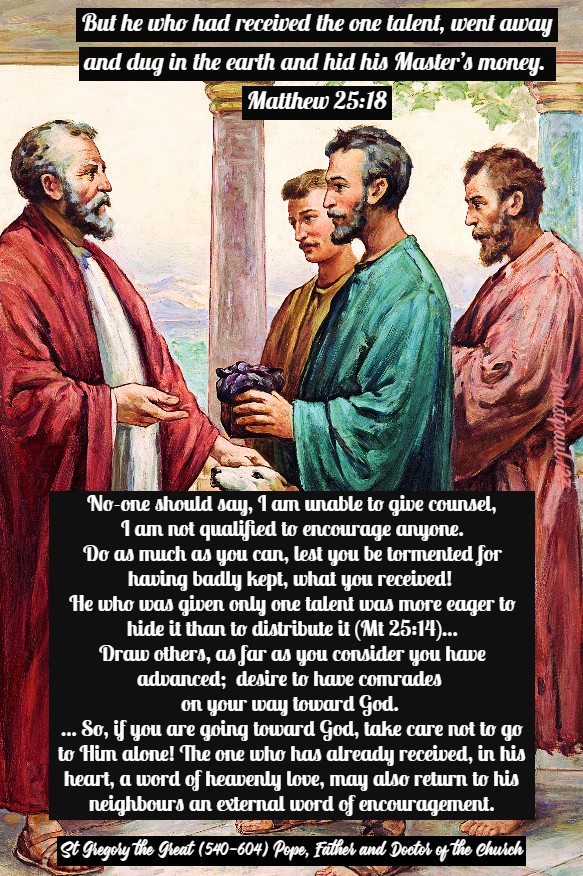



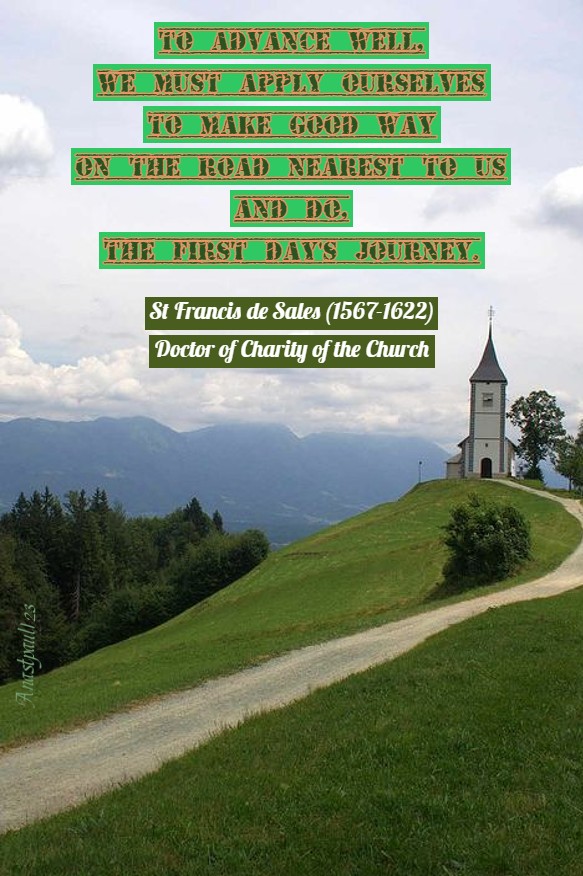



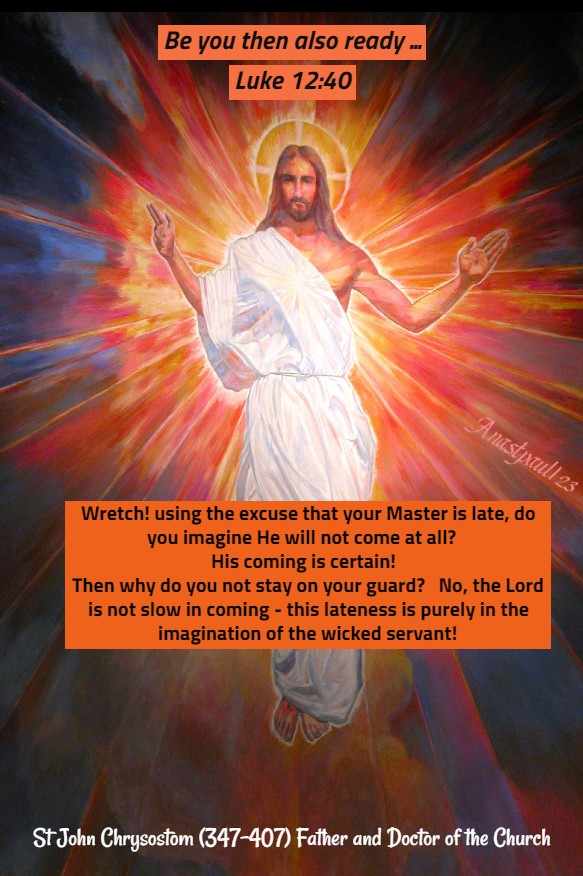

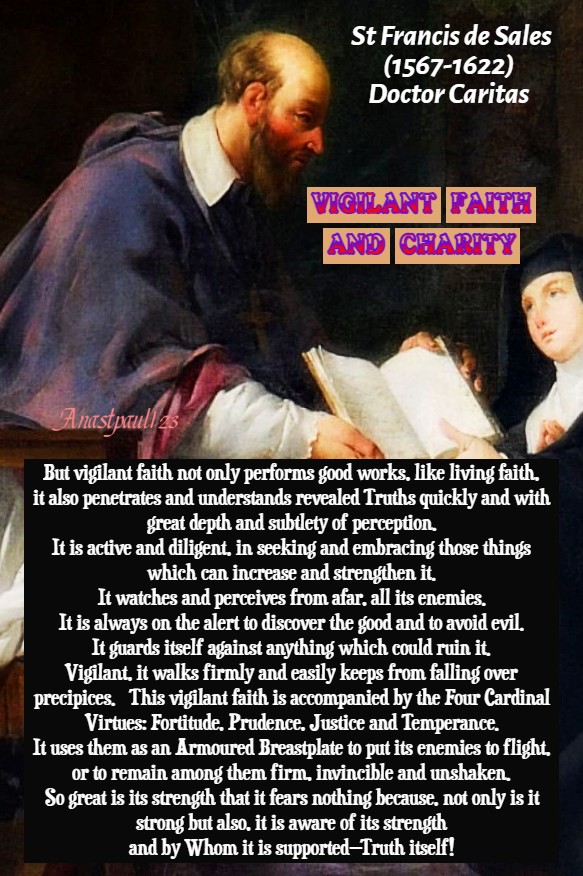
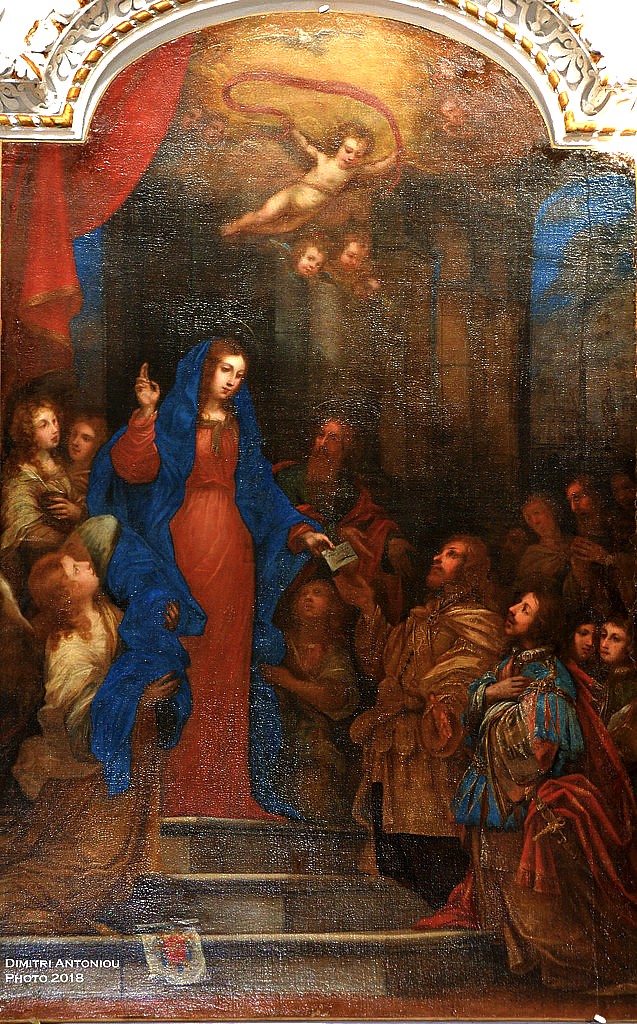

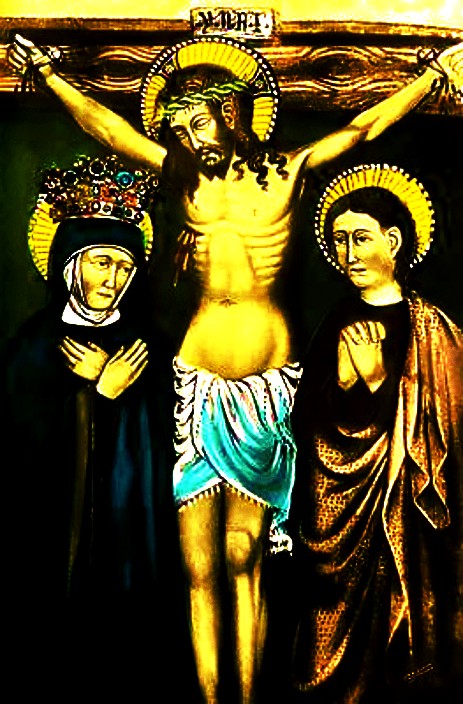

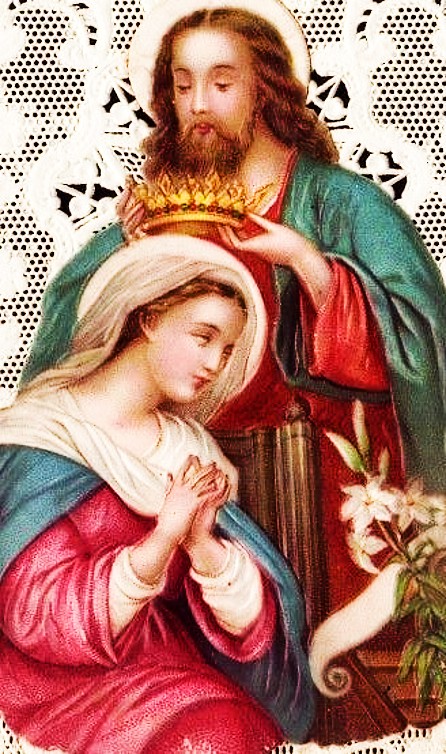




You must be logged in to post a comment.